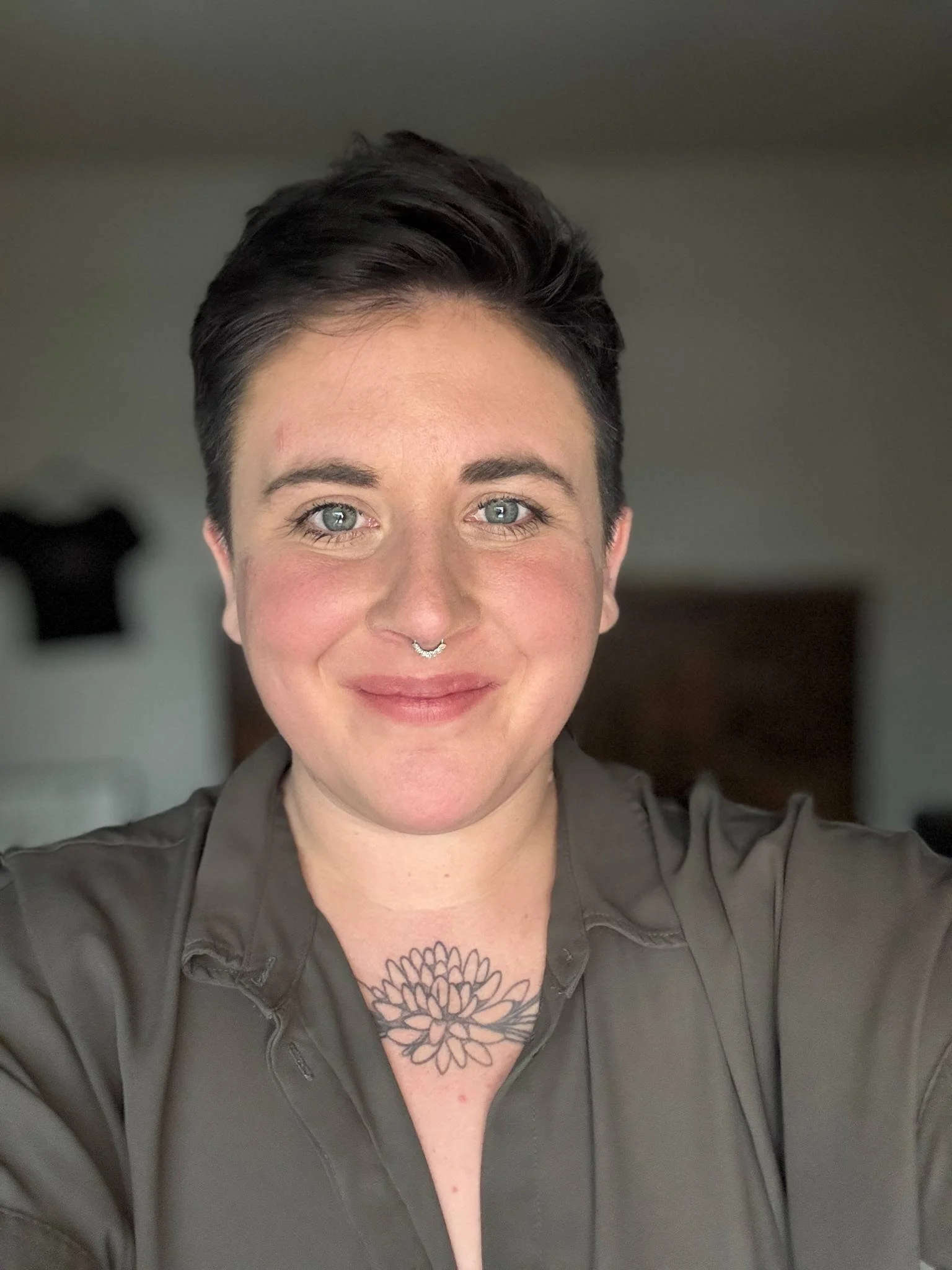
PERCY
We need to know
that we are not accidental,
that our culture has grown and changed
with the currents of time, that we,
like others, have a social history
composed of individual lives,
community struggles and customs
of language, dress and behavior
--in short, that we have the story
of a people to tell...."
- Joan NestleWhy study local queer history?Validation of Queer Identities:
Learning about past struggles and triumphs validates the identities of queer youth,
fostering a sense of belonging and acceptance.
Understanding that their experiences are part of a larger historical narrative
combats feelings of isolation and self-doubt.Context for Contemporary Issues:
Studying local queer history provides a historical context for contemporary LGBTQ+
issues.
Knowledge of past activism and achievements inspires queer youth to engage in
advocacy and activism in their own communities.Pride and Resilience:
Learning about the resilience of past generations instills pride in LGBTQ+ identities.
Understanding the struggles faced by previous generations builds resilience against
discrimination and prejudice.Preservation for Future Generations:
Studying local queer history ensures that the stories and experiences of LGBTQ+
individuals are preserved and passed down to future generations.
Equips future generations with the knowledge and understanding necessary to
navigate their own identities and advocate for LGBTQ+ rights.
ReactReply


